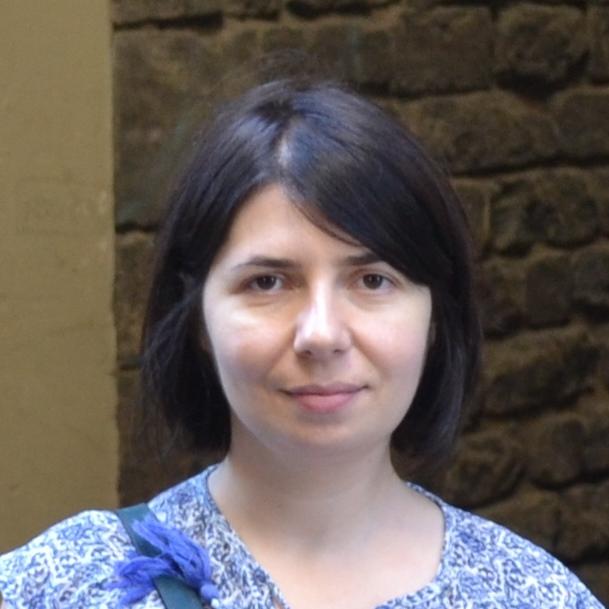Oana Adelina Stefan
My project examines the politics and effects of international tourism in socialist Romania and Francoist Spain in the postwar era. Despite the sharp economic and political differences between the two dictatorial regimes at the time of the Cold War, I show that significant similarities existed in the way that they aimed to take advantage of international tourism in order to acquire hard currencies, which were sorely needed as both states wanted to pursue a process of economic modernization. This project also attempts to provide an explanation for why, by the end of the 1970s, the two countries achieved rather different results in terms of tourism development, despite the fact that both shared many features in the 1940s and 1950s. Recent literature has examined relations between and transfers from western/capitalist to eastern/socialist Europe, but has paid little attention to the relationship between eastern and southern Europe during the Cold War. By comparing the evolution and effects of international tourism in socialist Romania and Franco’s Spain, this study reassesses the geopolitics of postwar Europe by showing the developmental similarities between eastern and southern parts of the continent despite their stark ideological differences. It thereby suggests that the Cold War view of a bipolar Europe needs refining.
My project is structured on two levels. The bulk of my project analyzes the two governments’ policies—and the discussions and debates leading up to those policies—regarding international tourism, how and why the policies were implemented, as well as the anticipated and unanticipated results. Next, to provide a more in-depth analysis of the ways in which tourists, their behaviors, and their preferences (be they in attire, morals, diet and the like) influenced the two societies during the 1960s and 1970s, I have conducted oral history interviews on the Romanian Black Sea coast and Spain’s Costa del Sol. I focus in particular on the interactions between foreign tourists and locals (especially tourist workers) and how intended policies were applied and received.

